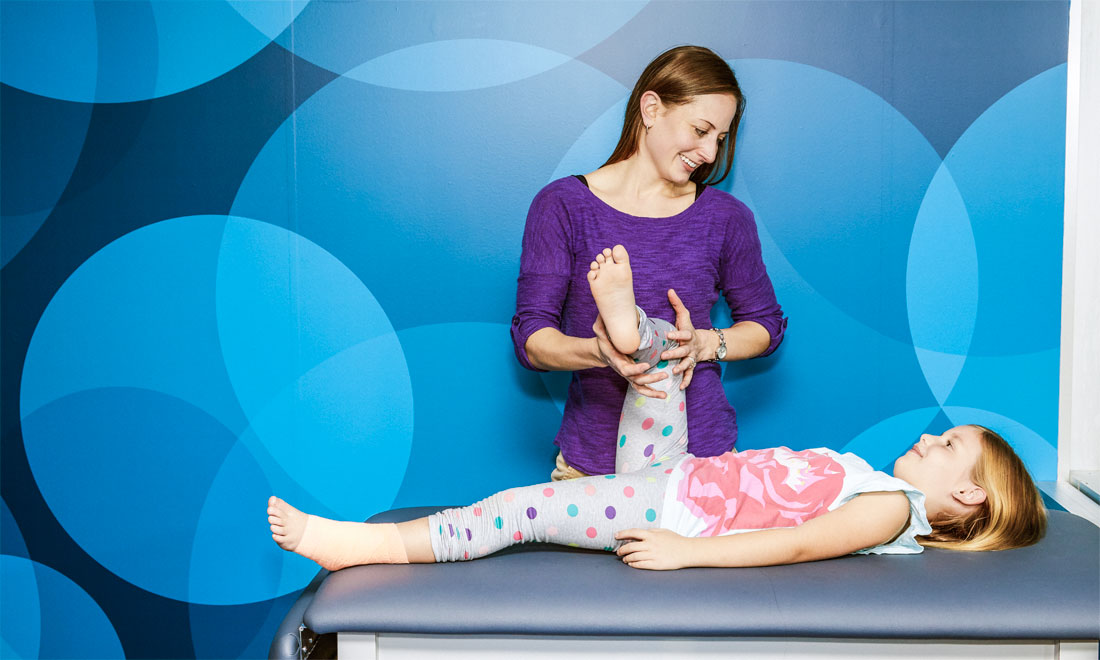Enhancing Recovery Through Cardiovascular Physiotherapeutic Treatment during the Journey of Post-Operative Recovery
Enhancing Recovery Through Cardiovascular Physiotherapeutic Treatment during the Journey of Post-Operative Recovery
Blog Article
Cardiopulmonary physiotherapeutic therapy serves a crucial role in assisting patients recover after surgical procedures, especially for those who have undergone operations impacting the heart and lungs. Healing from surgery can be a difficult process, often accompanied by discomfort, fatigue, and restricted mobility. However, with the right approach and assistance, patients can regain their vitality and improve their overall health. This type of treatment focuses on improving the function of the heart and lungs, which is essential for a favorable healing.
One of the primary goals of cardiopulmonary physical therapy is to improve heart and lung endurance. Following an operation, patients may experience reduced endurance, making everyday activities feel more exhausting. Through a meticulously structured exercise program, therapists guide individuals in incrementally boosting their activity levels. This may include activities such as walking, bicycling, or targeted breathing exercises. These exercises not only aid build power but also boost lung capacity, which is vital for guaranteeing that the body gains enough oxygen.
Additionally, cardiopulmonary physiotherapeutic therapy emphasizes the significance of respiratory techniques. Many surgical individuals may find it difficult with full breathing due to pain or restricted movement. Therapists teach individuals how to perform deep breathing activities, which can facilitate expand the lungs and eliminate any secretions that may have built up during the recovery process. Appropriate respiratory techniques are crucial to avoid complications such as pneumonia, which can arise if the pulmonary system are not functioning optimally. By concentrating on these techniques, patients can improve their healing and overall pulmonary health.
Another critical component of this type of treatment is instruction. Therapists provide valuable information about the healing journey, including what individuals can anticipate during healing. They clarify how to identify warning signs that may indicate complications, helping patients feel more in control of their well-being. Comprehending the importance of exercise in recovery allows patients to assume an engaged part in their recovery journey. This empowerment is essential for building confidence and promoting a positive perspective during healing.
In summary, cardio-pulmonary physiotherapeutic treatment is an integral aspect of post-operative rehabilitation for patients undergoing heart and lung procedures. By concentrating on enhancing heart and lung endurance, instructing breathing techniques, and providing education, therapists empower patients to take charge of their recovery. This specialized treatment not only assists in bodily recovery but also enhances mental well-being, making the journey of recovery smoother and more manageable. With the right read support and guidance, patients can successfully restore their vitality and go back to their daily lives.